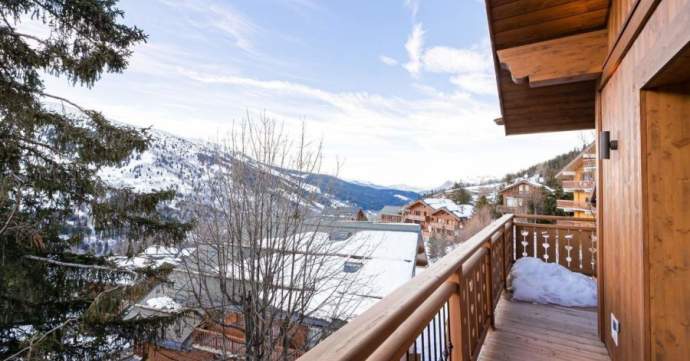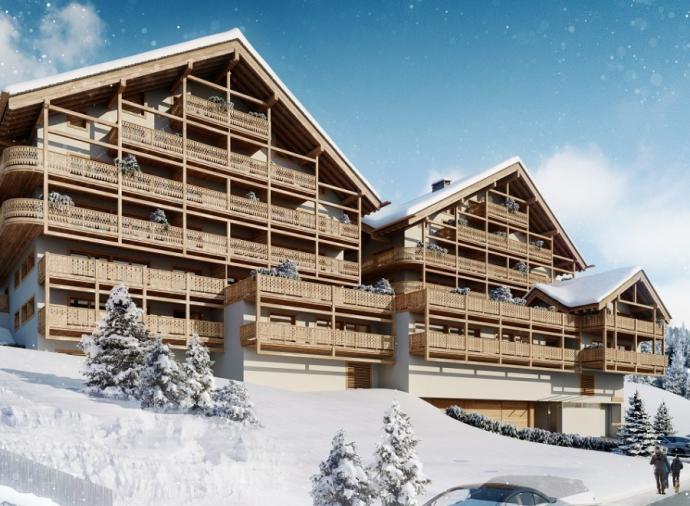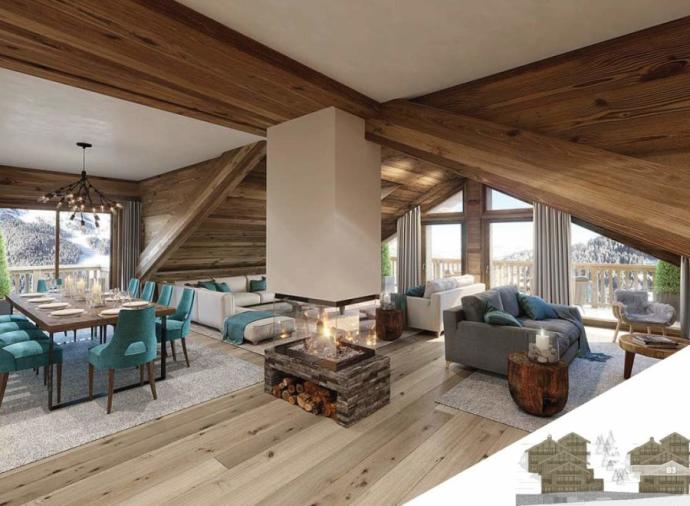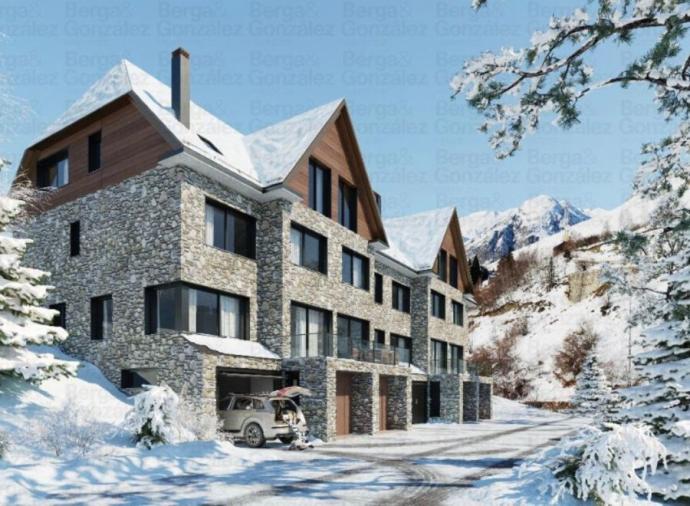Interest rates in Europe are at a record low, and the Bank of England and Federal Reserve have both just made emergency rate cuts on the back of coronavirus. Opinions on this will be mixed, but it could well be a boom for property buyers – and make 2020 the perfect time to buy. Here’s why.
What has happened?
The spread of coronavirus has raised fears of severe disruption to the global economy, amid a backdrop of already-poor performance in certain sectors.
In response, the US’s Federal Reserve announced an emergency interest rate cut on 3rd March of 0.5%. On 11th March, the Bank of England followed suit, announcing a 0.5% cut on ‘Budget day’, bringing rates back down to historic lows.
The Eurozone’s central bank, the ECB, has much less room to manoeuvre, as its main interest rate is already at 0%, so it, instead announced on Thursday an extension of its stimulus package by €120 billion.
Why might this be good news for property buyers?
If you’re thinking of buying a ski property soon, this could make 2020 an excellent time to do so. Lower rates will filter down to the mortgage markets. While anyone who has a tracker mortgage now will see the benefits, for people buying with a fixed-rate product, you may well see soon products with lower rates coming onto the market.
Lower interest rates mean you would pay less on top of the lump sum of your mortgage – making property more affordable across the long term. In Europe, rates are already at a historic low, and mortgages have followed suit. According to the Banque de France, for instance, the average French new mortgage rate is currently around 1.25% – a huge opportunity compared to early 2018’s 1.6%.
What does a rate cut mean for buy-to-let purchasers?
Specialist buy-to-let mortgages tend to have higher interest rates, so, again, lower mortgage rates will be welcome. Smaller repayments per month, if you fix in that rate for, say, five years, mean you could see better returns on your property.
What are the risks?
If you’re buying from abroad, you can’t simply rely on the interest rates alone keeping things affordable. You might have a fixed payment in euros, francs or dollars every month, but how much that equals in your home currency from month to month is, frankly, anyone’s guess. Traders often talk about ‘black swan’ events and the coronavirus has proven to be just that. In December, most people would have predicted that one of the big drivers of the foreign exchange markets would be Brexit, not a virus. However, since then, we’ve seen almost-overnight ten percent drops.
If your home currency suddenly drops, the increase in costs to you could almost negate the savings of lower interest rates.
With this in mind, many property buyers choose to agree a ‘forward contract’ with a currency specialist, rather than just sending with whatever the day’s rate is through their bank. A forward contract means you lock in a particular, unchanging exchange rate for up to twelve months, so you know exactly how much you’re paying over the next year.
To find out more about this, and to explore your options further, get your free copy of the Property Buyer’s Guide to Currency.





 Jan 02, 2024
Jan 02, 2024

